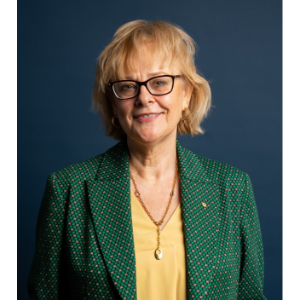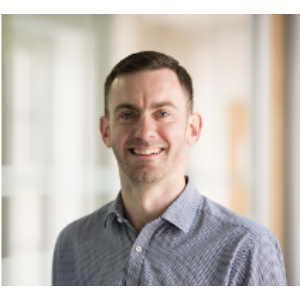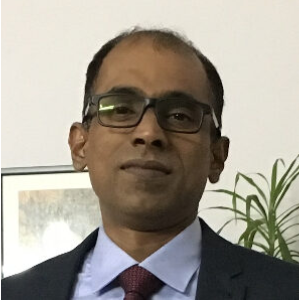Find an expert
Our panel of editors are available for interview
Dr Brandy Shillace
Editor-in-Chief of Medical Humanities
Brandy Schillace, PhD, is Senior Research Associate and Public Engagement and Programs Leader for the Dittrick Museum of Medical History. Dr Schillace writes about intersections of medicine, history, and literature. For ten years, she managed the medical anthropology journal, Culture, Medicine and Psychiatry, and edited its first medical humanities special issue. Brandy’s recent books include Death’s Summer Coat (2016), Clockwork Futures (2017) and Mr Humble and Dr Butcher: A Monkey’s Head, the Pope’s Neuroscientist, and the Quest to Transplant the Soul (2021).
Professor Bryony Dean Franklin
Editor-in-Chief of BMJ Quality & Safety
Professor Bryony Dean Franklin is a hospital pharmacist by background, with 30 years’ experience of research into medication safety, medication use in practice and patient safety more generally. She is Co-Editor-in-Chief of BMJ Quality & Safety, Professor of Medication Safety at UCL School of Pharmacy, Executive Lead Pharmacist for Research at Imperial College Healthcare NHS Trust, Director of the NIHR North West London Patient Safety Research Collaboration and theme lead for the NIHR Health Protection Research Unit in Healthcare Associated Infection and Antimicrobial Resistance at Imperial College London. Professor Franklin has published widely on medication safety, the evaluation of various technologies designed to reduce errors, and the patient’s role in patient safety. Her current post combines research, quality improvement, education and training, medical publishing and hospital pharmacy practice.
Professor Anna Maria Geretti
Editor-in-Chief of Sexually Transmitted Infections
Anna Maria Geretti, MD, PhD, FRCPath, is Professor of Virology & Infectious Diseases at the Institute of Infection & Global Health of the University of Liverpool, and Honorary Consultant at the Royal Liverpool University Hospital. She trained in Italy, the Netherlands and the UK and has a special interest in HIV, hepatitis B and hepatitis C infection. She has published over 100 peer-reviewed articles, editorials, reviews and book chapters, runs capacity building programmes for resource-limited countries and enthusiastically shares her expertise to train doctors and scientists.
Professor Caroline Finch AO
Editor-in-Chief of Injury Prevention
Professor Caroline Finch AO is the Deputy Vice-Chancellor (Research), Edith Cowan University. She is one of Australia’s leading injury epidemiologists, particularly known internationally for her public-health-focused injury prevention research. Her influential research has informed the development of injury surveillance and data systems, the implementation and evaluation of preventive measures, and the dissemination of safety advice and guidance. Her research outcomes have directly informed safety policy for Government Departments of Sport and Health, health promotion/injury prevention agencies, and sports bodies worldwide. In 2015, she was awarded the International Distinguished Career Award from the American Public Health Association’s Injury Control and Emergency Health Services Section. In 2018, she became an Officer of the Order of Australia for ‘distinguished service to sports medicine’.
Richard Hurley
Features and Debates Editor – The BMJ
Richard Hurley is The BMJs features and debates editor, responsible for our head to head debates; features, and essays. He’s particularly interested in poverty, migration, doctor assisted dying and illicit drug policy and their impact on health.
Professor Ganesan Karthikeyan
Editor-in-Chief Open Heart
Professor Karthikeyan is a clinical, interventional cardiologist and a Senior International Fellow of the Population Health Research Institute at McMaster University in Canada, as well as Professor of Cardiology at AIIMS. His research is mainly focused on cardiovascular diseases affecting low and middle income countries, including valvular heart disease, particularly rheumatic heart disease (RHD), mechanical valve thrombosis, anticoagulation, and indigenous drug-eluting stents.







